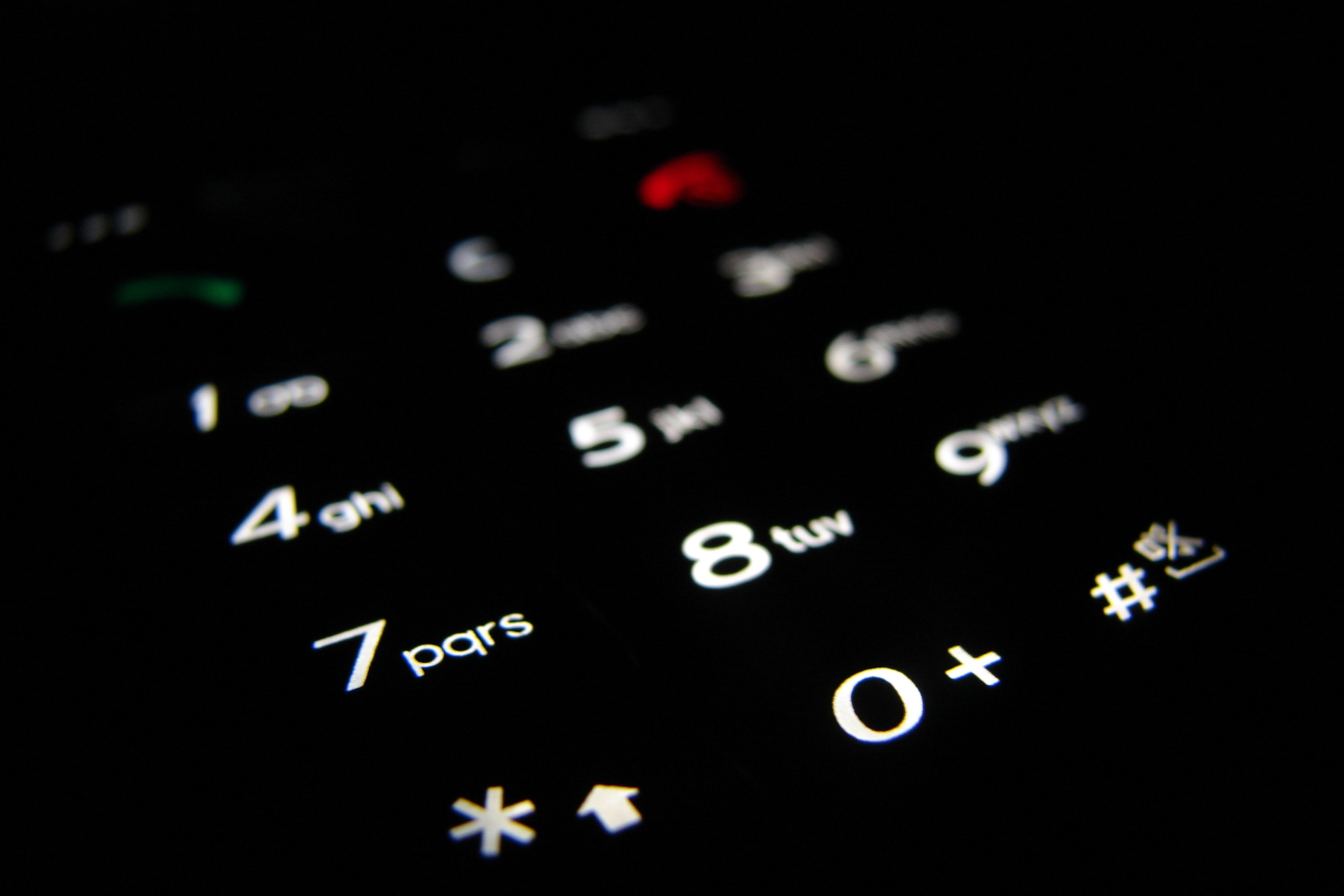Mobile users wary over geotagging
Handsets provide a new way of connecting to the internet, but also provide new privacy problems for users.

Owners of mobile devices capable of geotagging have come across a new set of concerns, perhaps ahead of their time.
A new survey has revealed more than half of users were worried about a "loss of privacy" as a result of using geolocation data through geotagging, which is a way of adding GPS coordinates to various media like photo or video.
The research, commissioned by Webroot and released by The Guardian, polled more than 1,600 social network users who own geolocation-capable mobile devices, more than 600 of whom were UK-based.
David Bennett, director of consumer business development for Webroot, in Europe, the Middle East and Africa (EMEA) told IT PRO: "Because we don't connect to the internet via a single device anymore, there needs to be a way to protect the web."
Even though more than 40 per cent of respondents are "aware or extremely concerned" about letting "potential burglars know when they are not at home," he said this could mean quite a great majority are not aware, though the study didn't focus on this area.
Bennett said users can unknowingly provide their GPS coordinate by posting a picture from their iPhone on sites like Facebook.
Of the UK respondents, just over half (52 per cent) tag their whereabouts in a photograph online, the survey said.
Get the ITPro daily newsletter
Sign up today and you will receive a free copy of our Future Focus 2025 report - the leading guidance on AI, cybersecurity and other IT challenges as per 700+ senior executives
If someone were to post a photo of their house, it would be easier for a burglar to find them. Then, if they posted pictures while on vacation, that burglar might be able to figure out he or she wasn't home, he added.
Bennett claimed that although geotagging didn't drive crime, it all depended on how people used it, so users always need to be cautious with the information they post.
"There could be a significant growth in cyber crime with geotagging in the future," he added.
-
 Should AI PCs be part of your next hardware refresh?
Should AI PCs be part of your next hardware refresh?AI PCs are fast becoming a business staple and a surefire way to future-proof your business
By Bobby Hellard Published
-
 Westcon-Comstor and Vectra AI launch brace of new channel initiatives
Westcon-Comstor and Vectra AI launch brace of new channel initiativesNews Westcon-Comstor and Vectra AI have announced the launch of two new channel growth initiatives focused on the managed security service provider (MSSP) space and AWS Marketplace.
By Daniel Todd Published